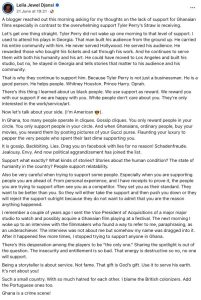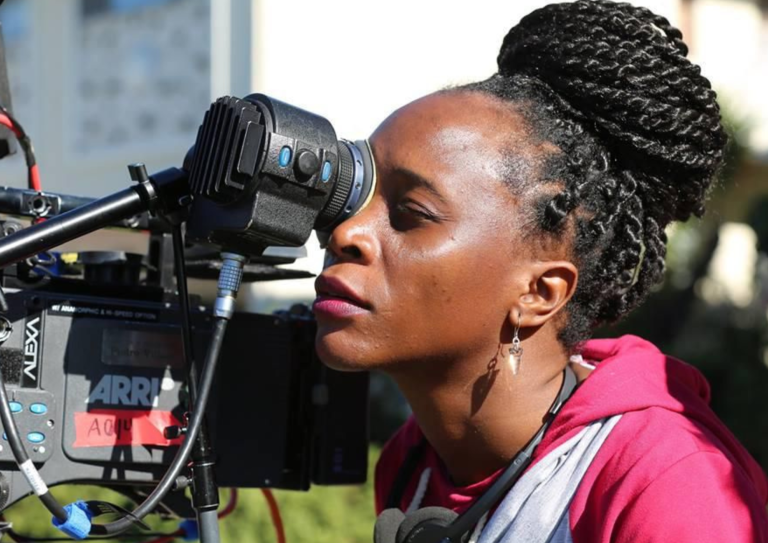Leila Djansi Slams Ghana’s Film Industry as “Crime Scene” of Envy and Sabotage
Award-winning Ghanaian-American filmmaker Leila Djansi has delivered a scathing critique of Ghana’s film industry, calling it a “crime scene” filled with envy, gossip, sabotage, and a lack of true support.
In a blunt Facebook post, Djansi compared Ghana’s creative space to the journey of American filmmaker Tyler Perry. She praised Perry for building his career from the ground up and staying committed to his community.
“Tyler Perry didn’t just wake up to that kind of support. He never served Hollywood. He served his people. They supported him because he gave back — not just with art, but with humanity,” she wrote.
Djansi highlighted Perry’s choice to build his studio in Georgia instead of Hollywood as proof of his loyalty to his roots.
Turning her focus to Ghana, she condemned the toxic culture within the industry. She criticized the cliques, jealousy, and conditional support that dominate creative circles. According to her, support in Black art spaces often depends on personal relationships, not talent or hard work.
“We use support as a reward. If we’re happy with you personally, we support you. But white audiences don’t care about you — they care about the quality of your work,” she added.
Djansi also shared her own frustrations. She recalled how her efforts to open doors for Ghanaian filmmakers were often met with hostility.
“I once sent a top acquisitions executive from a major studio to watch a Ghanaian film. The next day, the filmmakers publicly called me an underachiever.”
Her comments have sparked conversation about the need for unity and merit-based support within Ghana’s creative industry.

Djansi emphasized that many creatives in Ghana reject support from more experienced professionals. They do this out of insecurity and fear of being overshadowed.
Known for her films like Like Cotton Twines and Where Children Play, Djansi has consistently advocated for professionalism, genuine collaboration, and community-driven storytelling, stressing that storytelling is a service, not just a pathway to fame.

